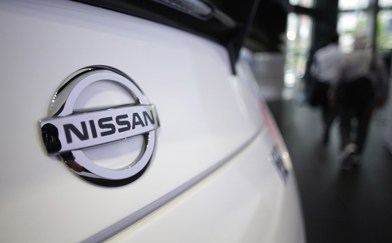An original 1966 Ford GT40 MkII, chassis P/1032, is set to cross the auction block at RM Sotheby’s Miami event in late February, with expectations of fetching between US$8 million and $11 million (around NZ$14.2 million to $19.5 million).
Known for its role in one of motorsport’s most iconic eras, this GT40 carries a storied history that makes it a coveted collector's item.
A legacy forged in racing

Delivered to Shelby American in late 1965, chassis P/1032 began its motorsport journey at the 1966 12 Hours of Sebring. Driven by Walt Hansgen and Mark Donohue, the car started strong, qualifying fourth.
After enduring 12 hours of intense competition against rival Ferraris and Porsches, it initially finished third but was later promoted to second following Dan Gurney's disqualification.

Later in 1966, the GT40 was entered into the prestigious 24 Hours of Le Mans, piloted by Mark Donohue and Paul Hawkins. Starting from 11th on the grid, the car unfortunately retired after just 12 laps due to transmission failure.
Despite this setback, it remains a key piece of the GT40's enduring Le Mans legacy.
Showstopper turned museum exhibit

Following its time on the racetrack, chassis P/1032 toured Europe’s major automotive showcases, including the Paris Motor Show, Geneva Motor Show and Monza Auto Show. It eventually returned to the United States in 1967 and found a permanent home at the Indianapolis Motor Speedway Museum.
In the mid-2000s, the GT40 underwent an extensive restoration, returning to its original 1966 Le Mans livery. Importantly, the car remains fully operational, a rarity among historic racers of its calibre.

For collectors with a penchant for racing history, the Ford GT40 MkII is a symbol of a golden era in motorsport. With only eight examples of the MkII ever built, the opportunity to acquire chassis P/1032 represents a rare chance for collectors to own a tangible slice of Ford’s motorsport dominance.
RM Sotheby’s Miami auction will undoubtedly draw attention, as enthusiasts and investors alike vie for this historically significant machine.


























